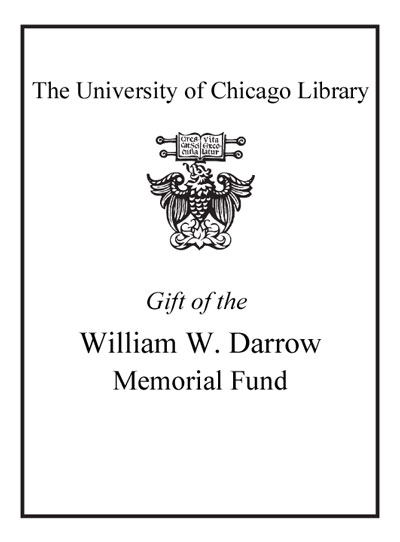Review by Choice Review
Rodriguez (anthropology, Hobart and William Smith Colleges) uses ethnographic methods to explore the context of child welfare, the impact of the politics of "worthiness," and the institutional impact of the themes of belonging and exclusion in the relationships between families and children and the myriad professional and legal actors of child welfare and immigration systems. The research, stemming from the author's dissertation, took place in a small family service agency specializing in work with Latino/a families caught in immigration enforcement at the US-Mexico border. The author was embedded in the social service agency and developed close relationships with children, families, and the professionals involved in the child welfare/immigration systems. Her book is personal and readable, and though it is based on a small sample of five children and families, Rodriguez makes some important observations about the absolute fragility of the parent-child relationship at the interface of immigration policy and a child welfare industry that is supposed to protect children and preserve families. The conclusions and implications of the research findings are scattered throughout the book and provide important considerations for policy and practice. Chapter notes are a robust addition to the text. Summing Up: Recommended. All levels/libraries. --Kathleen E. Murphy, Northwestern University
Copyright American Library Association, used with permission.
Review by Choice Review

